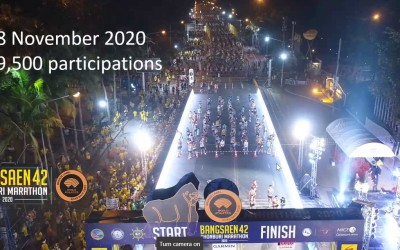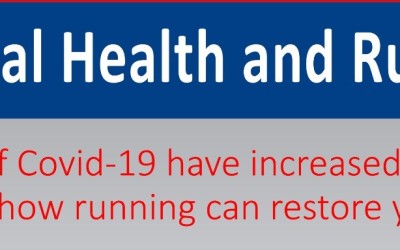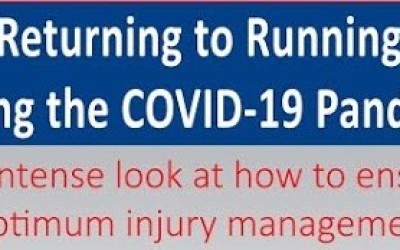Previous Story
Evaluating Runnning Events and Event Organisers
Posted On 10 Jun 2014
With an increase in running events, there is a choice for runners. Naturally discussions often veer towards judging the quality of the events. There are many criteria to evaluate and come to a judgment about a particular running event or the event organizers behind the event. Many factors come into play and this post is an attempt to debate upon the various issues involved in coming to a judgement.
- Background of the promoters – Generally there 3 types of event organisers.
a. Runner led organisations – Here the event organiser is a group of runners. They may led by either a single runner or a group runners acting together. Generally such event organisers and their events reflect the needs of the runners well since they understand their requirements better than others. Examples could be Goa River Marathon, Dream Runners Half Marathon, Airtel Hyderabad Marathon, Pune Running Beyond Myself etc.
b. Professional Organisers – Many event organisers are professionals who may not have a running background at all. Such events can either be very good if the event organiser is of credible background or it can fail if the event organiser is lacking in his capability. Procam is a leading example of an event organiser that is professional in nature. Running and Living as well as Runners for Life are examples of organisations that are led by runners themselves.
c. Political Outfits – Many political outfits / political NGOs spring up and organise running events. Often these events cater to the elite athletes and working/ recreational athletes is given a short shrift in such events. - Integrity – Very important is the integrity of the event organisers. Across all types, there can be many with integrity or otherwise. Political orgnisations are unfortunately mosty lacking in integrity of organising a good event. Other NGO’s such as Rotary club often have good integrity but not be able to cater to a runners needs.
- Expectation – Often the expectation of the runners does not meet with that of the event organisers. Some expectations are listed and specified by the event organisers.

Often event organisers also refrain from listing out the expectations to the runners so that arrangements can be kept flexible till the last minute. Sometimes the runners expectation is based on a certain pricing. If an event organiser charges a premium price for the event then naturally there is an expectation that the event will be of a higher quality. Event organisers who do not then deliver to the expectations ( whether explicit or implied ) leads to a expectation gap and result in disharmony - Vendor supply chain management – All events rely heavily on a vendor network for capacity enhancement. Registration handling, Runner communications, Security, SAG support, timing gates, hydration all are vendorised . Sometimes the vendors may fail the event oganisers. Often such failures can be a one time situation. Professional event organisation would develop a stable network of vendors to serve their events over the years and within 2-3 years the event organisers should have a stable supply chain management in place.
- Pricing – As mentioned earlier events get priced at a certain price point. And based on the price point there is a certain expectation. The pricing strategy for doing an event can be varied. Certain event organisers price the registration low and depend upon sponsors.

Either way many event organisers do not rely on sponsors but make each event fully funded through registration fees. Either way there can be range for price points at which an event can be priced. Often the price point leads to an expectation of certain quality for the event. And if this quality is not met, then there can be issues in the perception of the event. - External factors – Very often runners complain about issues that are external to the event organisers. Humidity, early start time, rough terrain, too many flyovers, lack of adequate hotels to stay are such issues that the event organiser can have no control over. Sometimes such factors are known to the runners who are regular and new runners may find it difficult. Sometimes complaints come because the runners themselves are not prepared well and find the course difficult.
Thus it can be seen that there can be many reasons why there can be an expectation gap between runner and event organiser. Both sides should take care that the expectation setting is such that there is least disharmony on either side.






Leave a Reply